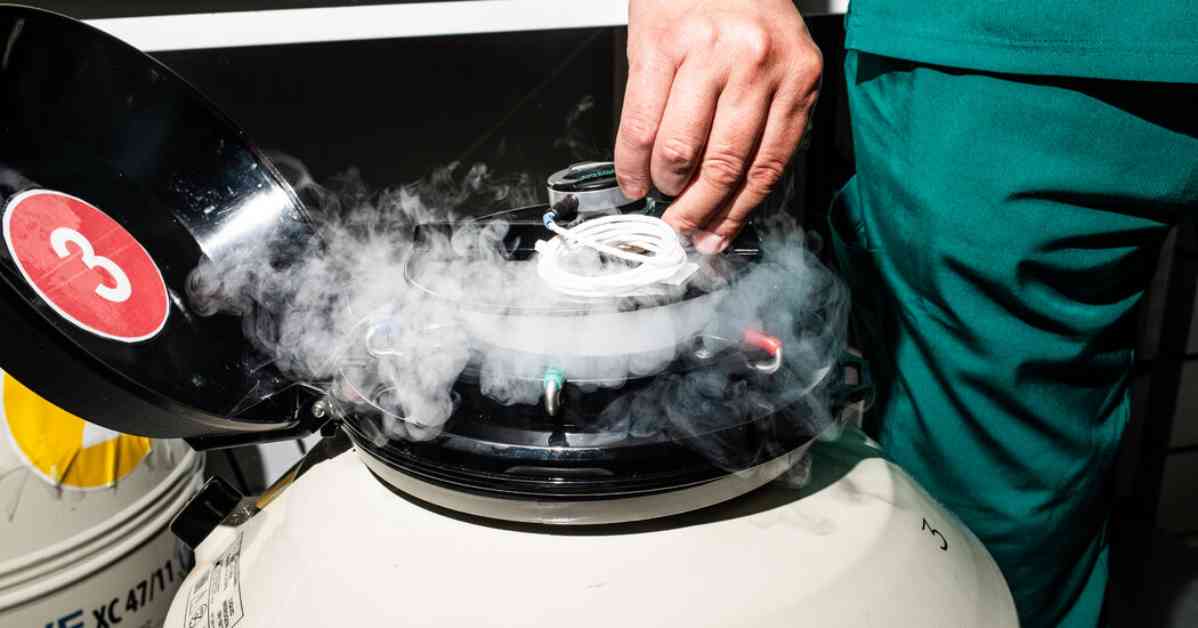An increasing opposition to in vitro fertilization (I.V.F.) is leading to a movement where doctors and patients in conservative states are relocating or discarding frozen embryos. This trend is particularly noticeable in Alabama, where the State Supreme Court’s ruling earlier this year classified embryos as “unborn children.” As a result, four out of seven fertility clinics in Alabama have enlisted biotech companies to transfer the embryos elsewhere, while another clinic is considering discarding the embryos with the help of a doctor in New York due to legal concerns within Alabama.
Patients undergoing fertility treatments in states beyond Alabama are also feeling uneasy about the fate of their embryos, which are tiny clusters of 70 to 200 cells that are barely visible to the naked eye. The growing concern stems from the changing legislative landscape in various states, with 14 states having implemented strict abortion bans following the Supreme Court’s decision to overturn Roe v. Wade in 2022. Furthermore, the Southern Baptists, a prominent Protestant denomination, recently passed a resolution opposing I.V.F. and advocating for the protection of frozen embryos.
Amidst this backdrop, individuals like Diana Zucknick from Texas have taken proactive measures by spending money to transport their embryos to out-of-state facilities for safekeeping. Similarly, Jennifer Zabel in South Dakota made the difficult decision to destroy her embryos out of fear of potential state intervention. Dr. Preston Parry in Mississippi has observed a growing trend among his patients to produce fewer embryos during I.V.F. procedures in order to minimize the surplus of unused embryos.
Although there is no official count of the total number of frozen embryos in the United States, experts estimate that there are millions in storage across various fertility clinics. The accumulation of these embryos poses a logistical challenge for many clinics, as some of these cells have been preserved for years or even decades.
As patients and clinics navigate the evolving landscape surrounding I.V.F. and embryo storage, the issue of embryo disposal and relocation remains a complex and sensitive topic. The uncertainties and legal ambiguities surrounding the status of frozen embryos have prompted individuals to take proactive steps to safeguard their reproductive materials. The decision to move or discard embryos is deeply personal and reflects the broader societal debates surrounding reproductive rights and the sanctity of human life.


















